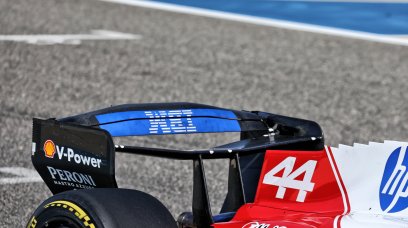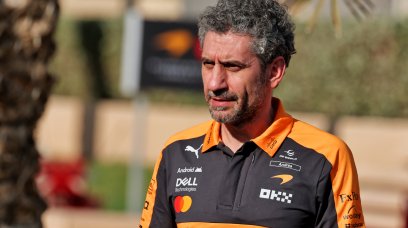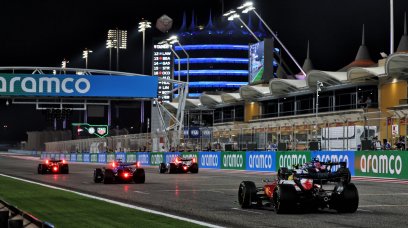When Formula 1 makes the switch to the new power units in 2026, it will provide a big leap forward into relying more on its hybrid power compared to previous eras. The increased focus on the electrification element and sustainable fuels will give them even greater horsepower, while still retaining some of the entertainment benefits for fans. Although the concept has greatly reduced production costs and attracted big OEMs to make an investment, unlike what happened with the 2014 engines, it still comes at a time when there are cross roads over which is better to drive on the road: electric or combustion engine. Big manufacturers such as Ford, Toyota, KIA, Renault, and JLR are all putting resources into electric cars for the road. The question of F1's road relevancy is addressed by Ford's participation, who will be exclusively providing the electrification aspect to Red Bull's powertrain operation. But beyond that, F1 faces another competitor involving its future as the pinnacle of motorsport and technology within the automotive industry. The cars themselves are as intelligent as ever and with the help of AI tools they will be even better at processing information, but there is another threat with this 2026 ruleset.
Formula Electric
It's fair to say that Formula E has not taken off as much as was hoped in the early days. They have struggled to find TV viewership numbers and descended into the 'niche of a niche' sports category, made worse by the fact that it is now behind a paywall in the majority of territories. Behind the scenes it has made a lot of progress in refining its overall product. The teams no longer need to swap cars midway through a race, and while there were some hiccups in testing, fast charging looks like it might make its way to enable even quicker 'engine' modes. The real work is being done to ready the Gen4 cars, which will feature almost double the power of the current cars and will enable longer races as a result. Formula E is already starting to look away from its samey street tracks in favour of actual purpose-built circuits, something the all-electric series could never do in the early days due to technology limitations and overall concept purpose. Speaking in Forbes , Sylvain Filippi, Managing Director and CTO of the Envision Virgin Racing Formula E Team, believes it will be "game over" for F1 in the near future. “It’s all about the downforce,” he says. “Today we can make an electric motor that can beat a F1 engine in acceleration, and even deliver the same high speeds. "However, so much of lap times come from downforce. Formula E also runs tires that are half road, half racing. The weight is the same already, and with the same aero and grip it would be similarly quick.”
Addressing "urgent" concerns
It would be hyperbole to suggest that F1's 2026 engines are dinosaurs before they have even taken to the track, but there are some concerns aired by Team Principals over whether they will ruin the racing. Red Bull Team Principal, Christian Horner, has been vocal about needing to look at the ratio between combustion and electrical power to prevent a "technical Frankenstein." The concerns are whether F1 could see drivers having to back out of wheel-to-wheel racing to save energy, something that has plagued Formula E at points and led to 'artificial' exchanges of position. The FIA believes it can avoid a "disaster scenario" through regulation frameworks if necessary , having branded the criticism of the 2026 engines as "premature" due to much of the groundwork still being decided. Formula E has a long way to go before it can touch the popularity of F1 from a purely cultural point of view, but if its Gen4 concept is executed well it could lead to more OEMs looking to invest in the much cheaper series. The trade off will be less eyeballs on their product, but the old 'if you build it, they will come' mantra can apply as the all-electric championship looks to secure its place in the motorsport technical battleground.
Most read






